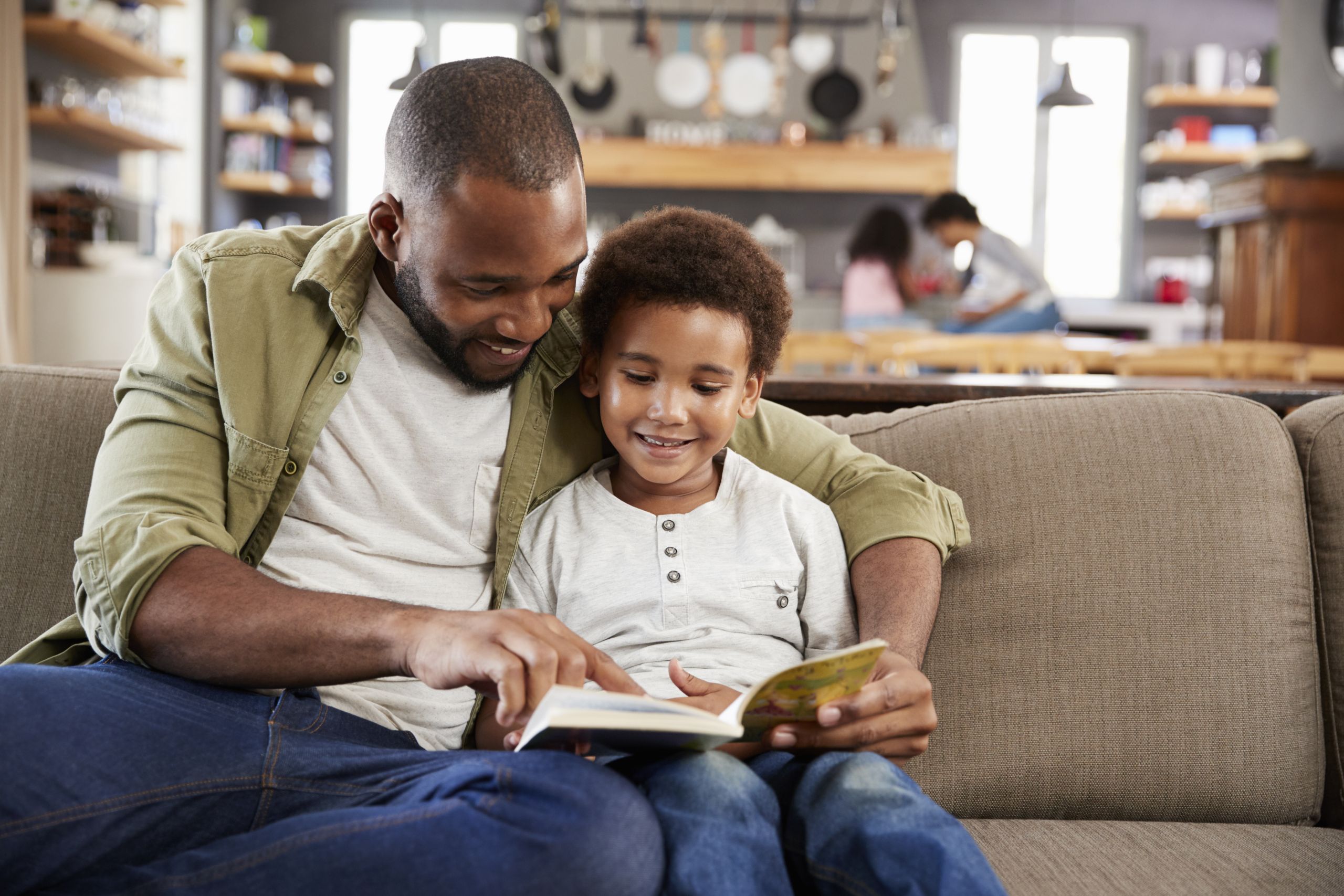Webinar Series
Impact From A Distance:
Academic, Behavioral and Social Emotional Strategies for Students & Educators during COVID-19
During this unprecedented time, the ability to virtually and remotely deliver meaningful and relevant content is more important than ever. In conjunction with Catapult Learning, our Professional Development webinars will present valuable knowledge and information on a variety of topics that are important and timely as we all navigate through this new, virtual way of life.
Continuous learning in a virtual environment is challenging for any age, but these challenges can seem magnified when working with K-2 students. In this session, we will explore best practices inherent in models such as TPACK, SAMR, and PEERS to supercharge your remote lessons for young students.
In this virtual session, participants will:
- Make informed decisions regarding the inclusion of technology to support effective learning
- Create learning experiences that consider constraints and possibilities of in-home learning
- Create learning experiences that target the foundational skills of the K-2 classroom
Mitigating Learning Loss During the Coronavirus: What you can do now, over the summer, and to plan for the fall
Initial research indicates that learning loss due to school closures will have a significant negative academic impact on our students. In addition, students are facing unprecedented trauma associated with the many stresses associated with the coronavirus pandemic. The combination of learning loss and emotional trauma is undoubtedly causing setbacks in our students’ academic development. Educators can take immediate steps to mitigate the negative impacts associated with school closures and trauma. In addition, it’s important to have a plan for summer and for returning to schools in the fall that includes academic and social-emotional supports to help our students and their families overcome these challenges.
In this virtual session, participants will:
- Learn about the potential impact that school closures will have on students
- Explore what districts can be doing right now to mitigate learning loss and emotional trauma
- Think about how to set up virtual summer programming to bolster students’ foundational skills
- Brainstorm ideas for how to set kids up for success when they return to school in the fall (virtually or in person)
Behavior Support to Engage All Learners: Defining and Reinforcing Expectations
With most students learning from home, engagement becomes more important than ever. This session will focus on foundational behavior mechanisms and how they apply to student learning. We’ll cover arranging the environment for success, reinforcing desired behaviors, and actively engaging learners during various types of academic and social instruction. We’ll also share some tools and strategies for maximizing engagement and improving social behavior. In addition, this session will teach the foundations of behavior support and how to apply those to a virtual environment.
In this virtual session, participants will:
- Learn the foundations of behavior support and what they look like in a classroom setting
- Determine how to re-envision these foundations for a virtual setting
- Be able to define their behavioral expectations in the context of any routine where learning takes place
Social Emotional Learning: Incorporating Best Practices During Times of Change
Children and families are still experiencing trauma about isolation, health, survival and disparities amid the uncertainty of the coronavirus pandemic. The recent police killings of George Floyd, Breonna Taylor, Rayshard Brooks, and numerous others, as well as the associated unrest across the nation and the world, have compounded this trauma. These difficult and complex issues will have long-lasting impacts on students’ emotional, mental, and academic well-being. It is important that school communities begin to implement trauma-informed responses, including Social Emotional Learning, into remote learning settings and have a plan to continue this work in the fall. To do this, educators must understand and develop instructional practices that support students’ social-emotional competencies and provide coping mechanisms to deal with their trauma. In this session, educators will explore strategies to help students acquire and effectively apply the knowledge, behaviors, and skills necessary to manage emotions, set and achieve goals, demonstrate empathy, establish and maintain positive relationships, and make responsible decisions
In this virtual session, participants will:
- Explore the five overarching social-emotional competencies
- Examine the need for social and emotional learning during this unprecedented time
- Identify the benefits of using explicit instruction to teach students the social-emotional competencies they need to cope with trauma
- Develop ways to integrate social and emotional learning into a remote environment

